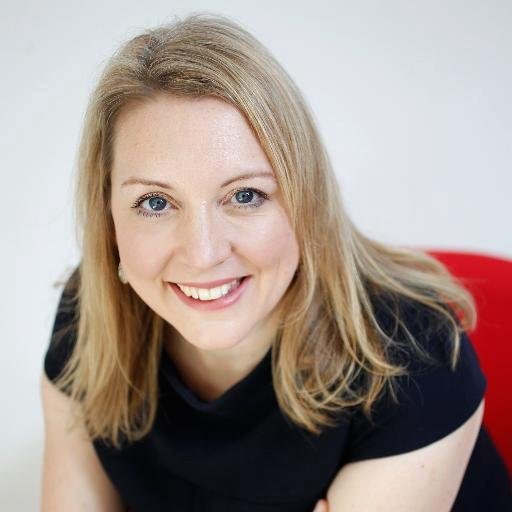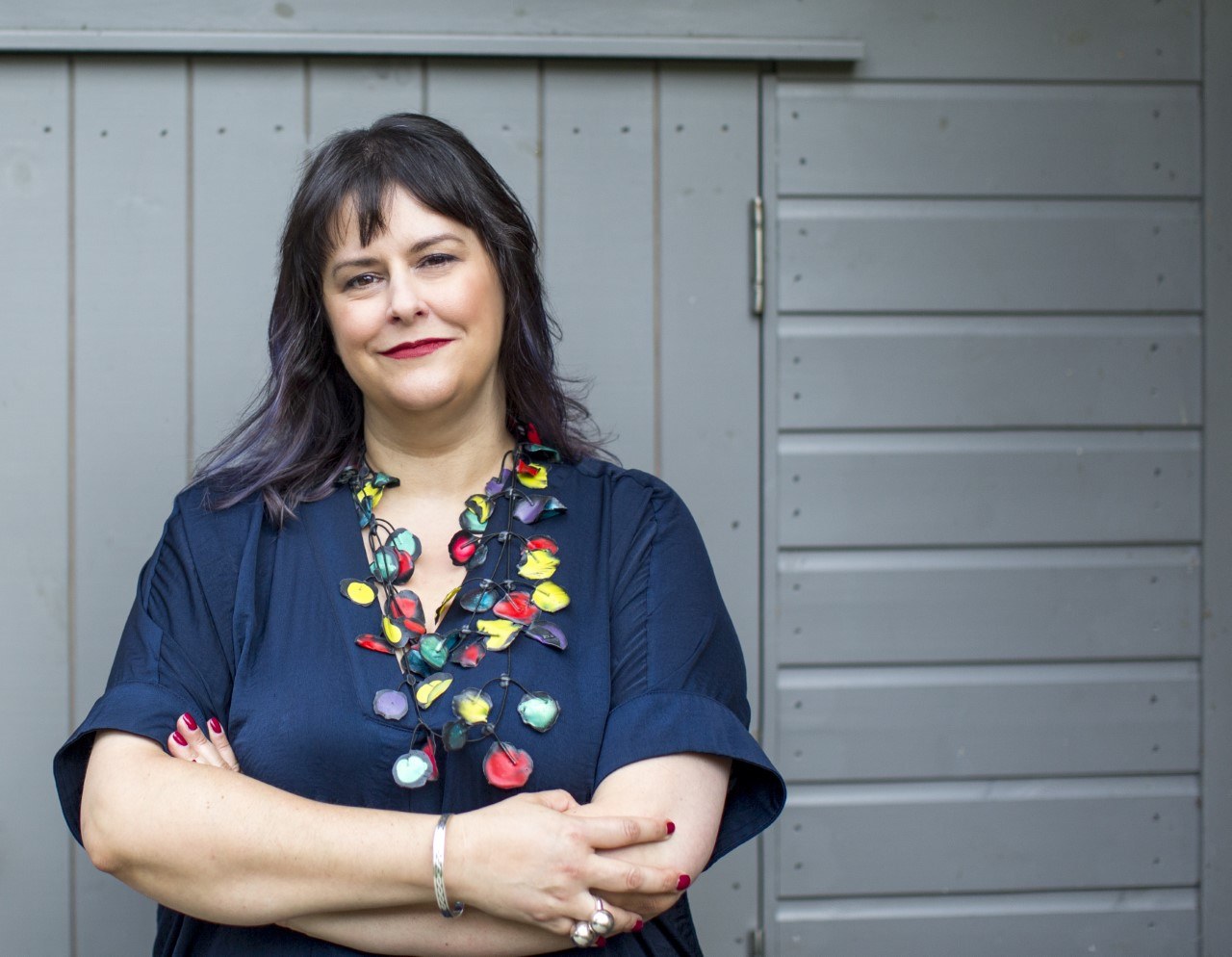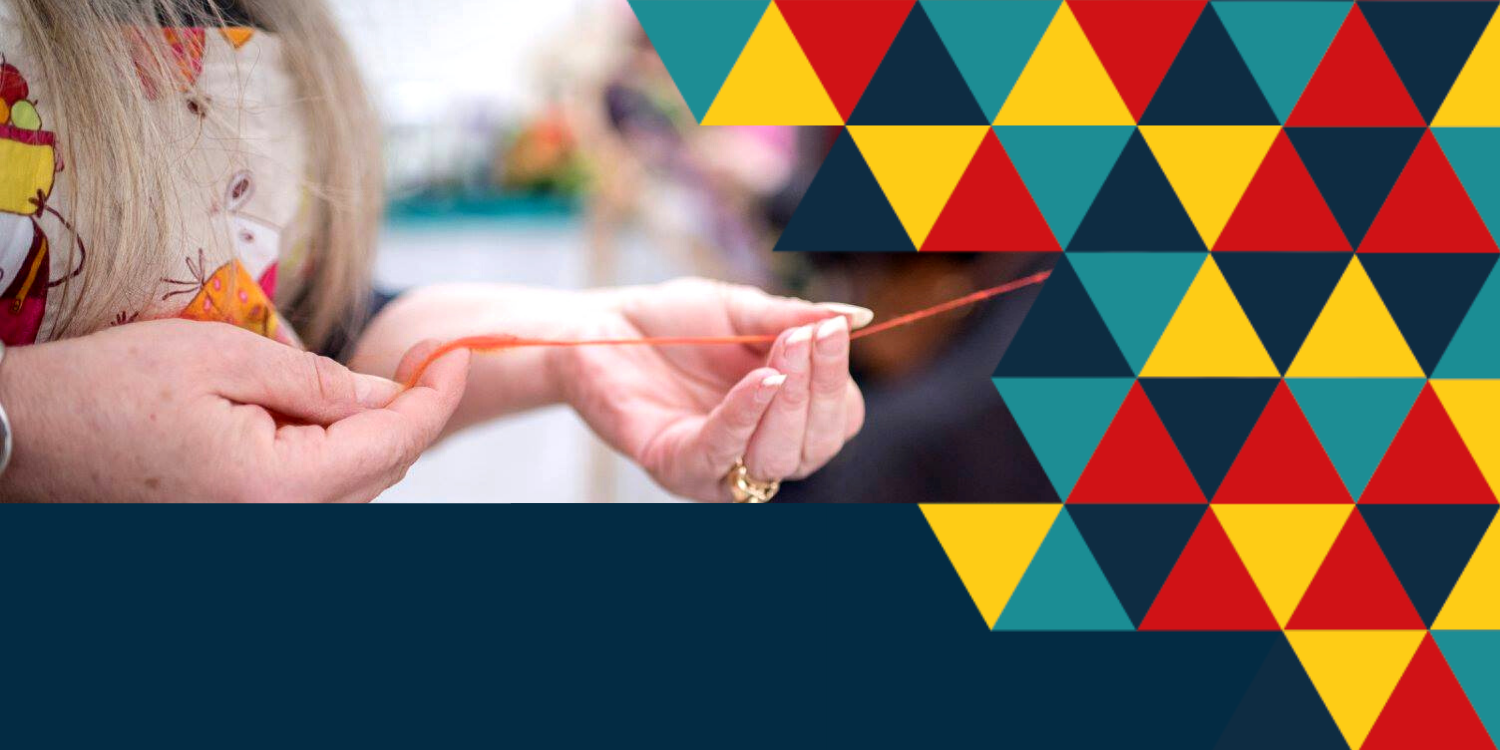
Transcript:
How would you describe the nature of cultural governance today?
The nature of governance in the cultural sector is one that is very closed to a lot of people. Overall in the charity sector the 700,000 trustees in England and Wales are two thirds men and 92% white and the age is 55-64. And to me, it is clear that this is a case of a power imbalance that needs to be rectified. It’s a real problem that charities and cultural organisations do not have the diversity of the populations that they’re serving, or indeed, that the beneficiaries of their organisations are reflected on their boards as they often are in their volunteering population. This needs to change because the board sets the strategy sets the tone is the leadership for the organisation. It is possible - it’s a long road to do it, but actually our experience show that if you are fully engaged with and committed to the process of transforming your board, it is possible.
What is the case for evolving these power structures? And to what end?
There’s a growing body of evidence that shows the impact of diverse teams leading to better performance. So, McKinsey’s Delivering Through Diversity report which came out last year highlights that in the corporate sector both for gender and ethnic and cultural diversity and Matthew Syed’s latest book Rebel Ideas really highlights the need for diversity of thought in producing better outcomes. So the challenge to boards really is can you afford not to have a diverse group of people around the table? It mitigates risk as well as the moral argument for bringing together a whole range of people who you are serving and representing on your board.
How can organisations go about creating meaningful change?
I think meaningful change in this area requires two different things - stepping up and stepping back. By stepping up I mean collectively as a board stepping up to this challenge and thinking about what you can do together to recruit more people from different backgrounds to your board. Thinking about the way you go about that, how openly you advertise, not just relying on your own networks, broadening your own networks and creating a pipeline, adding different people with different experiences to committees and working groups so they get the experience they need to go on to a board role. But also I think stepping back is just as important. We need to create the space for other voices to come through. That could be actually making a space in a boardroom, creating a chair or seat at the table for people with different experiences and backgrounds, giving them air time, and also supporting them during the meeting. It’s not just about having a token new face around the table, it’s about having that person listened to, authentically heard and supported in and outside meetings to make their contribution. And also not just having them being a lone voice, this being the start of a journey, bringing others into the mix, and genuinely thinking about how many of the existing board need to remain while that space is being created for other voices to come through.
Sophie Livingstone is Managing Director at Trustees Unlimited. Their mission is to promote and develop excellent governance across civil society.
Discover more at www.trustees-unlimited.co.uk


